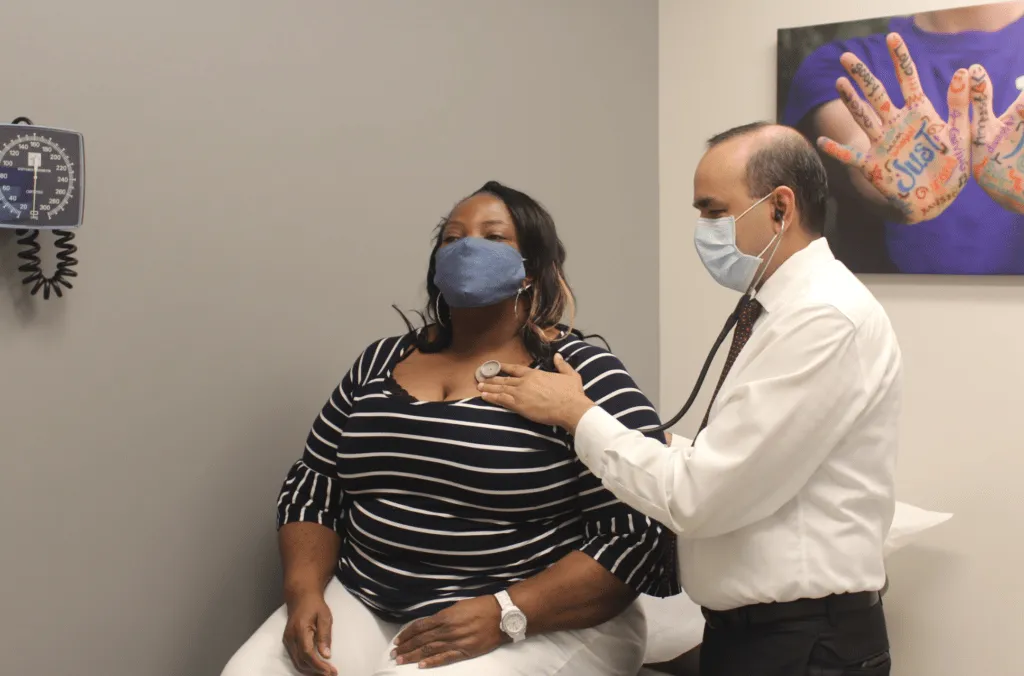Cardiologists are medical doctors who specialize in the cardiovascular system, which includes your heart and blood vessels. They diagnose and treat conditions related to this system, such as high blood pressure, also known as hypertension. Understanding when to seek specialized care from a cardiologist helps you take a proactive role in your health management. Here is when you should schedule a visit to a cardiologist:
Annual Physicals
High blood pressure may have no noticeable symptoms. You might feel perfectly fine while your blood pressure is elevated. One effective way to discover high blood pressure is during a routine check-up.
During an annual physical, your primary care provider will check your blood pressure. A single high reading does not automatically mean you have hypertension. Your provider may ask you to monitor your blood pressure at home or return for several follow-up appointments to confirm a diagnosis.
If your readings remain consistently high, your provider might suggest a consultation with a cardiologist. This specialist can conduct a more thorough evaluation of your heart health. They may also recommend lifestyle changes such as improving your diet, increasing physical activity, and managing stress to help lower your blood pressure.
Persistent Chest Pain
Chest pain that does not go away is a symptom that requires medical attention. While not all chest pain is related to your heart, it might indicate that your heart is not getting enough oxygen-rich blood. This can be a result of narrowed or blocked arteries, a condition that is often associated with long-term high blood pressure.
If you experience recurring or persistent chest discomfort, especially during physical activity, a visit to a cardiologist is recommended. A cardiologist can perform specific tests to determine the cause of the pain. These tests might include an electrocardiogram (ECG) or a stress test to assess your heart’s function. Identifying the source of the pain allows for appropriate management.
New Vision Changes
Your eyes have small, delicate blood vessels that are sensitive to changes in blood pressure. Sustained high blood pressure may damage these vessels, leading to vision problems. You might experience blurry vision, double vision, or even a sudden loss of vision.
Personal Risk Factors
Certain personal factors may increase the likelihood of developing high blood pressure and related heart conditions. A family history of heart disease, for instance, may place you at a higher risk. Other conditions might contribute, including:
- Diabetes
- High cholesterol
- Kidney disease
If you have one or more of these risk factors, your primary care provider may suggest a consultation with a cardiologist even if your blood pressure is only moderately elevated. A cardiologist can create a personalized management plan that addresses your complete health profile. This proactive approach helps manage your cardiovascular risk.
Visit a Cardiologist Today
Knowing when to see a specialist for high blood pressure is a key part of managing your health. From routine monitoring during annual physicals to addressing specific symptoms, such as chest pain or vision changes, a cardiologist provides specialized care. If you have personal risk factors or have been diagnosed with hypertension by your primary care provider, a cardiologist can offer a detailed evaluation. Schedule an appointment with a cardiologist to discuss your blood pressure and develop a comprehensive care plan.

